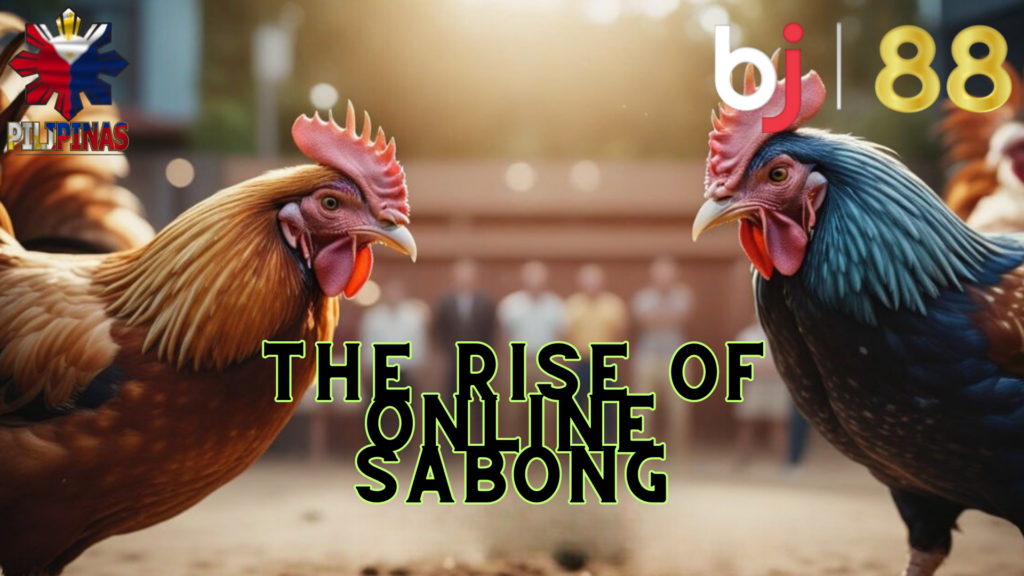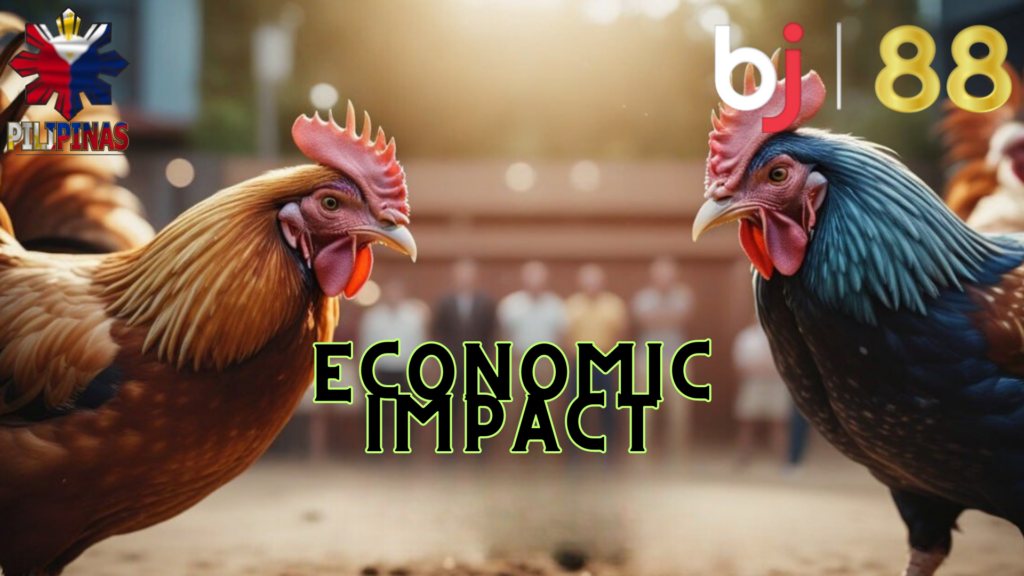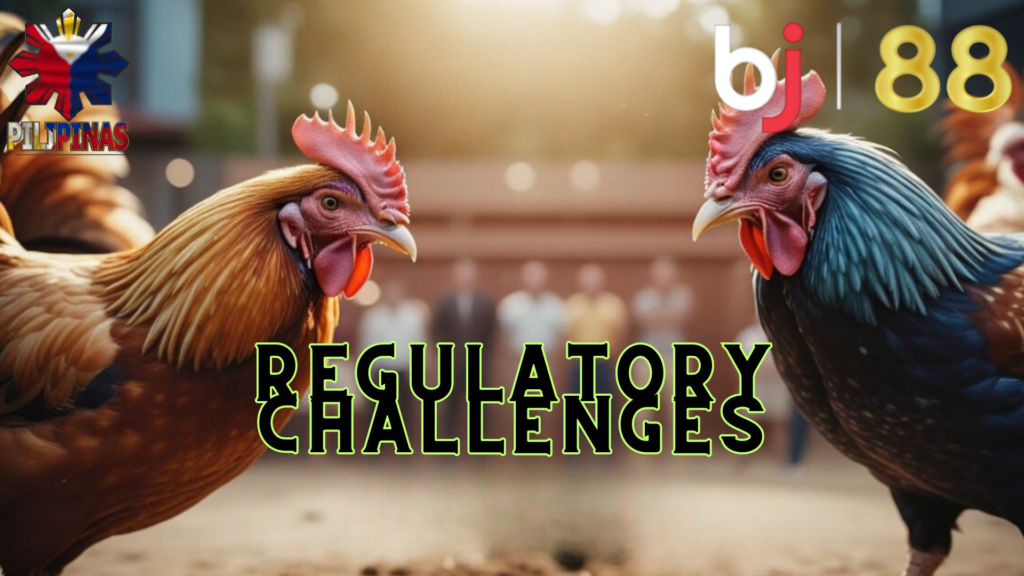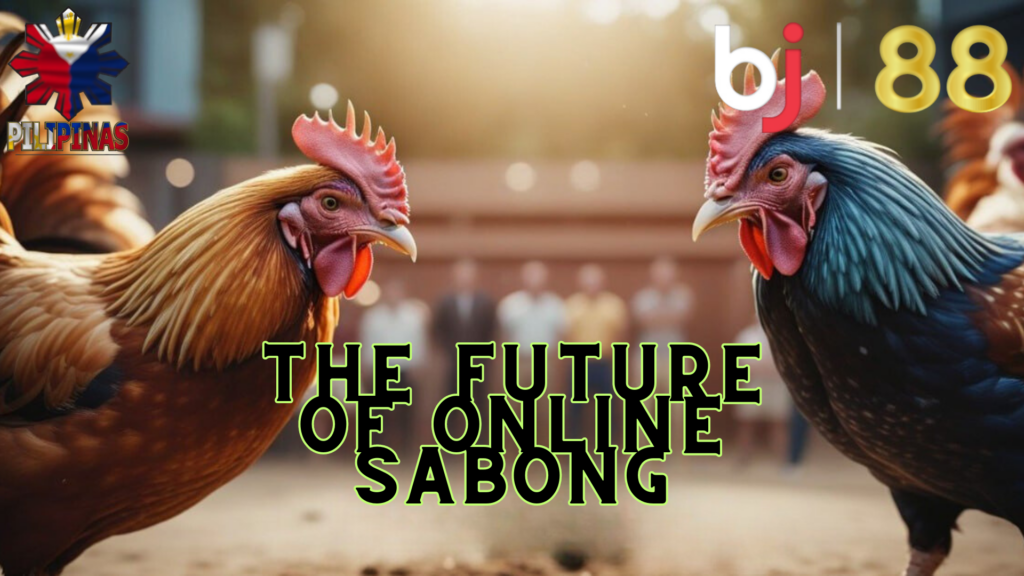Online sabong, a digital iteration of the traditional cockfighting sport, has become a significant cultural and economic phenomenon in the Philippines. Rooted deeply in Filipino history, sabong has transitioned from physical arenas to online platforms, making it accessible to a wider audience. As of 2024, the industry is experiencing both growth and scrutiny, with a complex mix of regulation, popularity, and controversy.

The COVID-19 pandemic acted as a catalyst for the surge in online sabong’s popularity. With restrictions on mass gatherings, traditional cockfighting arenas were forced to close, driving enthusiasts to online platforms. The convenience of betting from home, coupled with the ease of access via mobile devices, fueled the rapid expansion of online sabong.
Major platforms have emerged, offering live streaming of fights, real-time betting, and various forms of engagement for users. These platforms have not only attracted traditional sabong enthusiasts but have also drawn in younger audiences, fascinated by the combination of tradition and technology.

The economic impact of online sabong is considerable. It has generated significant revenue for operators, and provided income opportunities for those involved in the breeding and training of fighting cocks. Additionally, online sabong has created a new market for digital content production and online advertising.
However, the economic benefits are accompanied by challenges. The lack of standardized regulations across different regions has led to inconsistencies in tax collection and enforcement, resulting in concerns about the sustainability and fairness of the industry.

The rise of online sabong has prompted the Philippine government to take a closer look at its regulation. While the Philippine Amusement and Gaming Corporation (PAGCOR) has begun issuing licenses to operators, the rapid growth of the industry has outpaced regulatory efforts. Concerns about gambling addiction, underage participation, and the potential for money laundering have been raised by various stakeholders.
In response, there have been calls for stricter regulation and the establishment of clearer guidelines to protect participants and ensure the industry’s integrity. However, balancing regulation with the preservation of a cultural tradition poses a unique challenge for lawmakers.

Online sabong has also sparked debates on its social and ethical implications. Critics argue that the ease of access to online betting can lead to gambling addiction, especially among vulnerable populations. There is also concern about the welfare of the animals involved, as the sport is inherently violent.
On the other hand, proponents of online sabong argue that it is a continuation of a deeply ingrained cultural practice and that with proper regulation, the negative aspects can be mitigated. They also highlight the economic benefits, particularly in rural areas where opportunities for income are limited.

As of 2024, the future of online sabong in the Philippines remains uncertain. The industry is at a crossroads, with ongoing debates about its regulation, ethical considerations, and cultural significance. What is clear, however, is that online sabong is here to stay, at least in the foreseeable future.
The challenge for all stakeholders will be to find a balance that allows for the safe and sustainable operation of online sabong, while addressing the concerns that have emerged. This will likely involve more robust regulatory frameworks, increased awareness of the risks associated with gambling, and a continued dialogue about the role of traditional practices in a modern digital society.
Conclusion
Online sabong in the Philippines reflects the intersection of tradition and technology, with its growth presenting both opportunities and challenges. As the industry continues to evolve, careful consideration of its social, economic, and ethical dimensions will be crucial in shaping its future. Whether it will remain a thriving aspect of Filipino culture or face increased restrictions will depend on the actions taken by regulators, operators, and the community at large.

